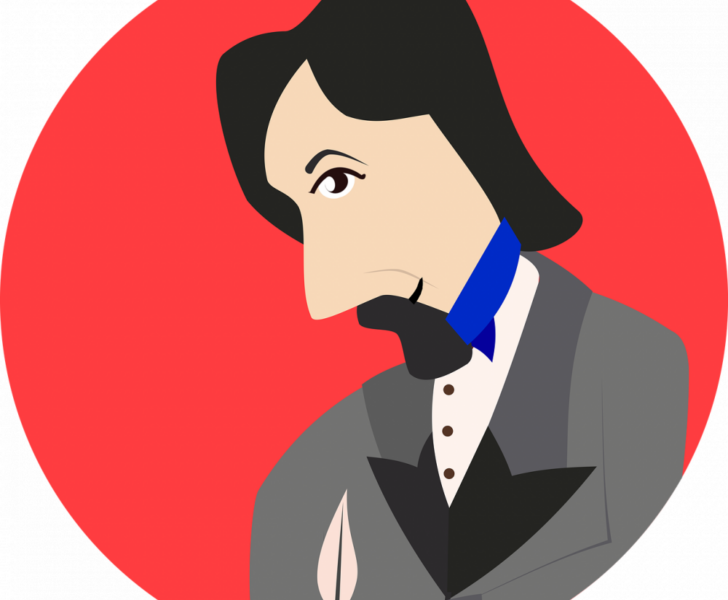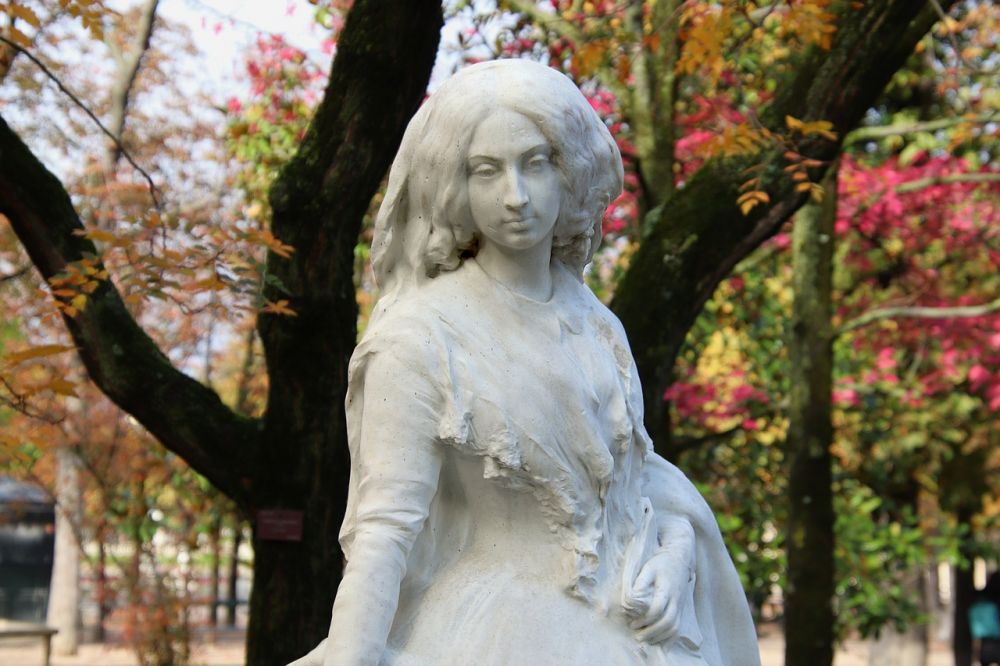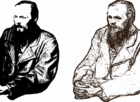Virginia Woolf: A Pioneer of Modern Literature

Introduction:
Virginia Woolf, born Adeline Virginia Stephen, was a renowned British writer and one of the most prominent modernist literary figures of the 20th century. Her innovative style and groundbreaking approach to writing revolutionized the literary world. In this article, we will explore the life, works, and legacy of Virginia Woolf, providing valuable insights for those interested in exploring this fascinating subject.
Historical Background:

To truly appreciate Virginia Woolf’s contributions to literature, it is essential to understand the historical context in which she lived and wrote. Woolf was born in 1882 in London, England, into an intellectual family. Her parents, Sir Leslie Stephen and Julia Prinsep Duckworth Stephen, were both prominent figures in the literary and artistic circles of their time.
Woolf’s Early Life:
Despite her privileged background, Woolf faced numerous challenges early in her life, including the deaths of her mother, half-sister, and her father. These tragic events profoundly impacted the young writer and shaped her perspective on life and the human condition. Woolf’s experiences with mental illness also influenced her writing, as she grappled with periods of severe depression throughout her life.
Literary Career and Style:
Virginia Woolf’s literary career began in the early 20th century, during the height of the modernist literary movement. Her experimentation with narrative techniques, stream-of-consciousness writing, and unconventional storytelling set her apart from her contemporaries. Woolf’s novels, such as “Mrs. Dalloway” (1925), “To the Lighthouse” (1927), and “Orlando” (1928), challenged traditional notions of plot, time, and character development. She also delved into topics such as gender, sexuality, and class in her works, bringing attention to the sociopolitical issues of her time.
Feminism and Women’s Rights:
Woolf was a strong advocate for gender equality and played a prominent role in the feminist movement of the early 20th century. In 1928, she delivered her famous lecture, “A Room of One’s Own,” where she explored the issues of women’s access to education and their representation in literature. This groundbreaking essay highlighted the importance of women’s autonomy and the need for a space for women to express themselves creatively.
Legacy and Influence:
Virginia Woolf’s visionary approach to writing continues to captivate readers and inspire future generations of writers. Her contribution to modernist literature and her exploration of feminist themes have had a lasting impact on the literary world. Woolf’s works remain studied in classrooms worldwide, and her ideas on women’s rights and the creative process continue to resonate with contemporary audiences.
In conclusion, Virginia Woolf was a literary pioneer whose experimental writing style and advocacy for women’s rights continue to shape modern literature. By challenging traditional narrative structures and addressing critical social issues, Woolf revolutionized the literary landscape of her time. Her novels and essays remain landmarks of 20th-century literature, and her legacy continues to inspire and provoke thought in the hearts and minds of readers.











